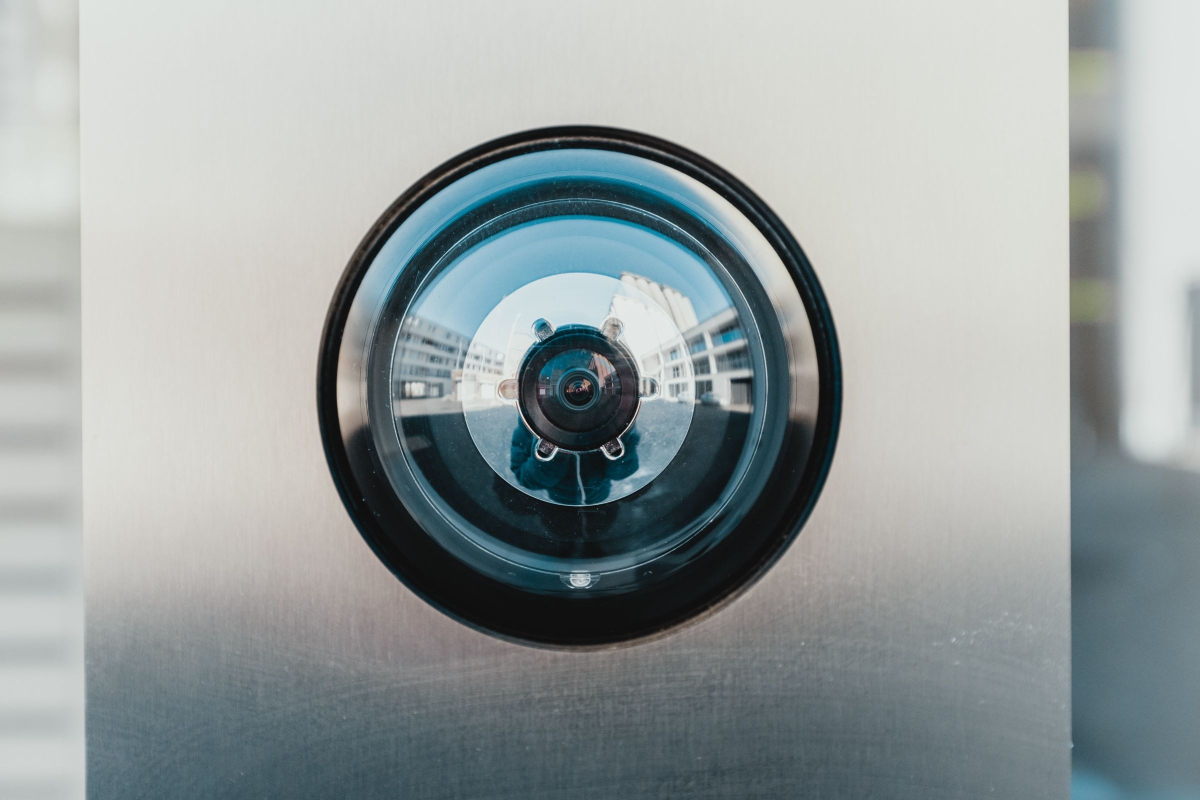QIT Solutions: Blog

HIPAA Legal Requirements: A Legal Overview
Introduction
In today’s digital age, the protection of sensitive healthcare information is paramount. The Health Insurance Portability and Accountability Act (HIPAA) stands as a formidable shield, ensuring that healthcare organizations safeguard patient data. At QIT Solutions, we understand the intricate web of HIPAA legal requirements and are here to provide you with comprehensive insights and compliance guidance.
In this in-depth article, we will delve into the world of HIPAA legal requirements, breaking down the key aspects, and answering your most pressing questions. Let’s embark on this journey to demystify HIPAA compliance and help your organization navigate its complex legal landscape.
Understanding HIPAA Legal Requirements
HIPAA, enacted in 1996, has evolved over the years to keep pace with technological advancements and the changing healthcare landscape. Its primary aim is to protect the privacy and security of patient information while promoting the portability and accessibility of healthcare coverage. To comprehend HIPAA legal requirements fully, let’s explore its core components:
1. Privacy Rule
- The HIPAA Privacy Rule dictates how healthcare providers, known as Covered Entities, must handle patient information. This rule sets the standards for the use and disclosure of protected health information (PHI).
- It grants patients the right to access their own medical records and control the use of their PHI.
- Covered Entities must obtain patient consent before sharing their PHI, with specific exceptions for treatment, payment, and healthcare operations.
2. Security Rule
- The HIPAA Security Rule focuses on the safeguarding of electronic protected health information (ePHI). It requires entities to implement security measures to protect against unauthorized access, breaches, and cyber threats.
- This rule necessitates risk assessments and the development of security policies and procedures to address vulnerabilities.
- Encryption, access controls, and audit logs are some of the security measures mandated under this rule.
3. Breach Notification Rule
- Under this rule, Covered Entities must notify affected individuals, the Department of Health and Human Services (HHS), and sometimes the media in the event of a data breach involving PHI.
- Notification timelines and requirements vary depending on the scale of the breach.
- The goal is to ensure transparency and timely response to security incidents.
4. Enforcement Rule
- The HIPAA Enforcement Rule outlines the penalties and enforcement mechanisms for non-compliance.
- Violations can lead to civil and criminal penalties, depending on the severity and intent of the offense.
- HHS’s Office for Civil Rights (OCR) is responsible for enforcing HIPAA regulations.
HIPAA Legal Requirements FAQs
Now, let’s address some frequently asked questions about HIPAA legal requirements:
Q1. Who must comply with HIPAA?
A1. HIPAA compliance is mandatory for Covered Entities, which include healthcare providers, health plans, and healthcare clearinghouses. Additionally, Business Associates, organizations that handle PHI on behalf of Covered Entities, are also subject to HIPAA regulations.
Q2. What constitutes protected health information (PHI)?
A2. PHI includes any individually identifiable health information, such as medical records, billing information, and demographic data, that is created, received, transmitted, or maintained by a Covered Entity or Business Associate.
Q3. How can healthcare organizations ensure HIPAA compliance?
A3. Achieving HIPAA compliance requires thorough risk assessments, the development of security policies and procedures, employee training, and ongoing monitoring of security measures. Many organizations seek the expertise of IT and cybersecurity professionals, like QIT Solutions, to assist in this process.
Q4. What are the penalties for HIPAA violations?
A4. HIPAA violations can result in civil penalties ranging from $100 to $50,000 per violation, with an annual maximum of $1.5 million. Criminal penalties may lead to fines and imprisonment, particularly for willful neglect of HIPAA requirements.
Conclusion
Navigating the complex web of HIPAA legal requirements is essential for healthcare organizations to protect patient data and avoid costly penalties. QIT Solutions is your trusted partner in ensuring HIPAA compliance, offering expert guidance, cybersecurity solutions, and managed services tailored to your needs.
Don’t leave HIPAA compliance to chance. Contact QIT Solutions today to safeguard your organization’s sensitive data and ensure that you meet all HIPAA legal requirements. Together, we can build a secure and compliant healthcare environment that prioritizes patient privacy and data security.





